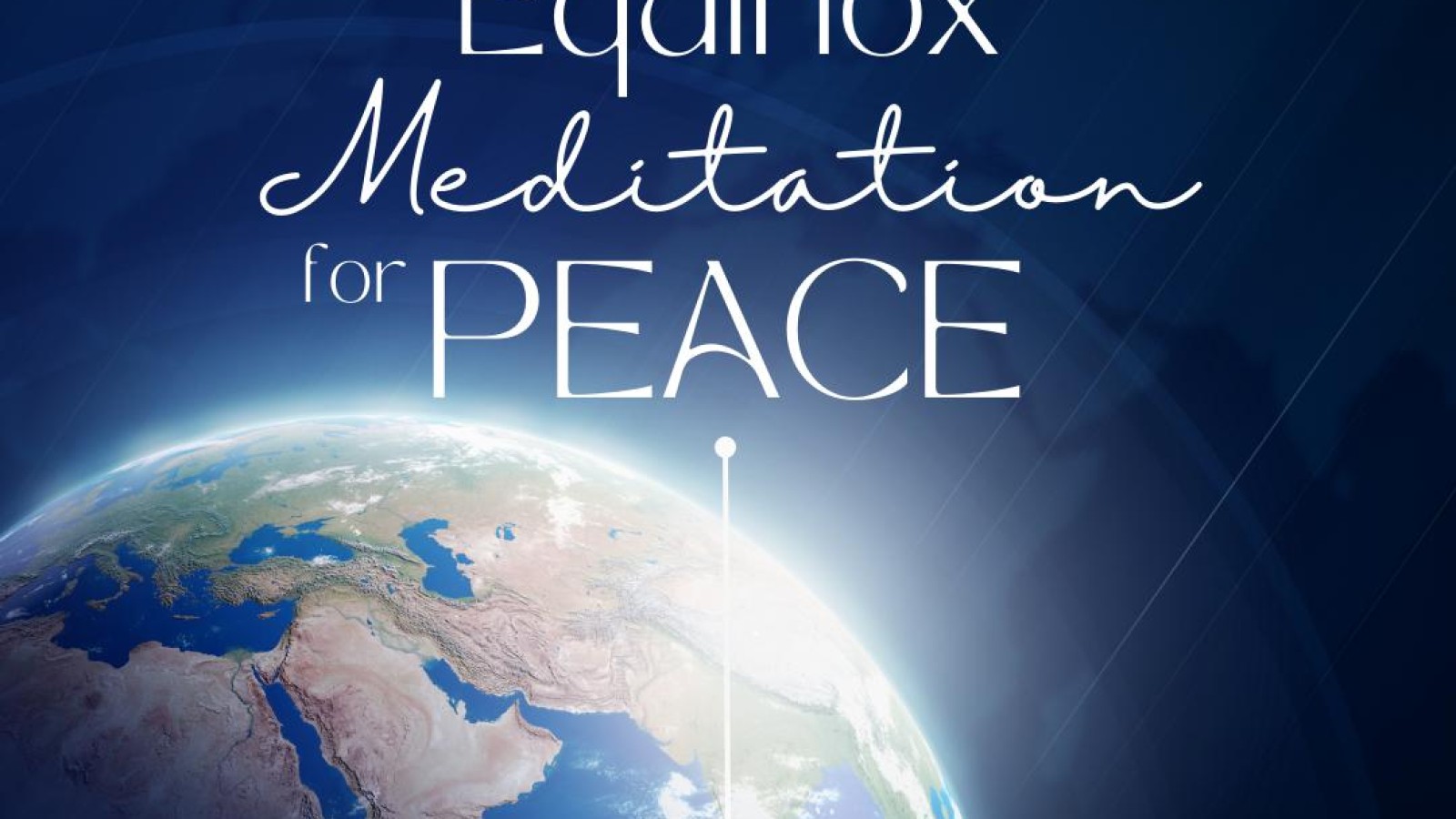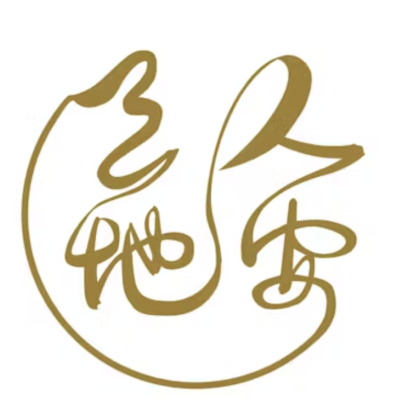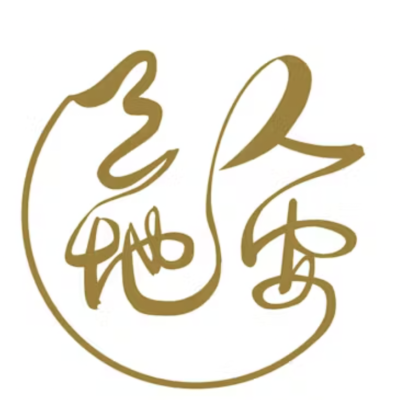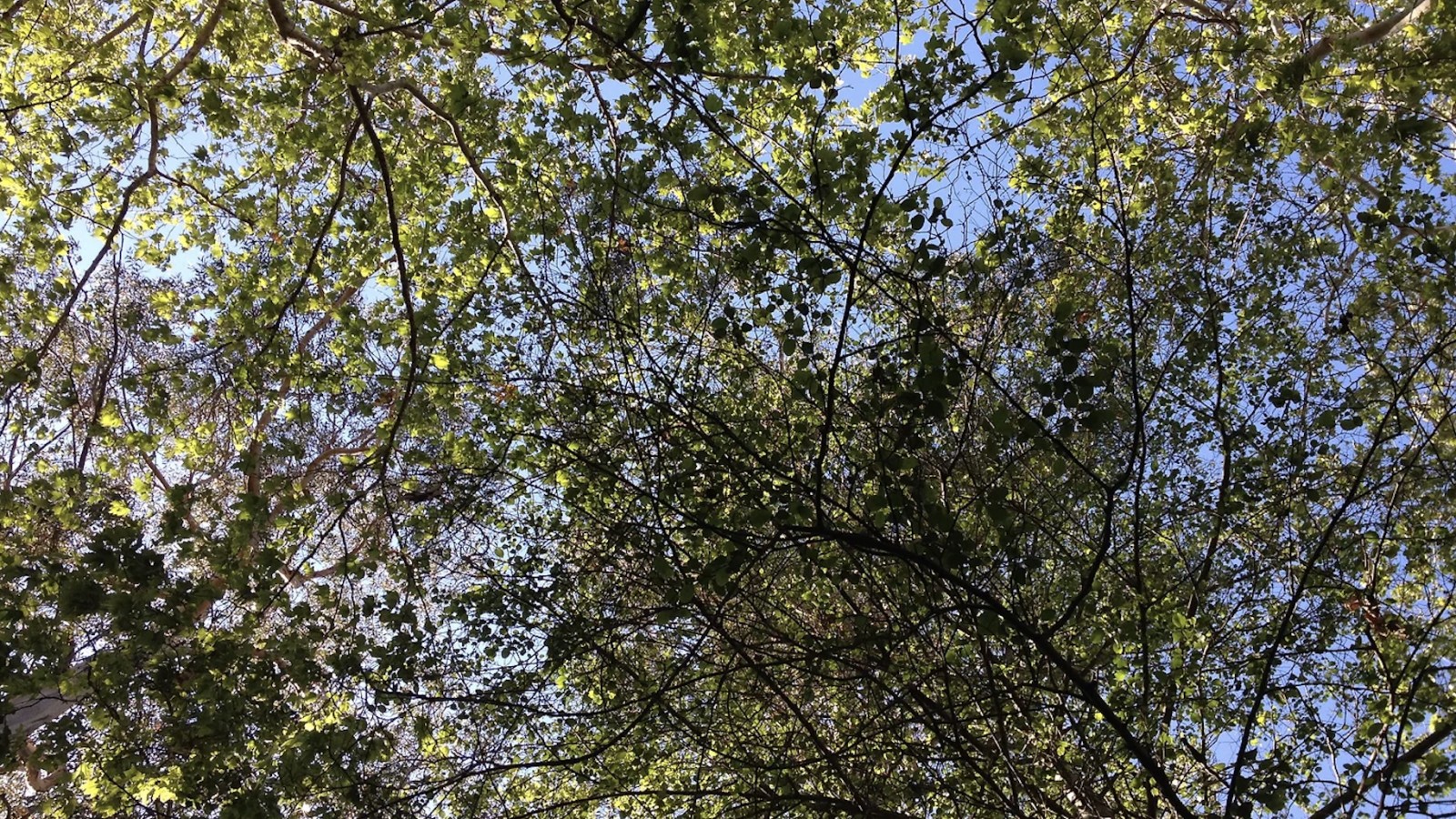We are living in tumultuous times with famines, poverty, and wars happening in a context of climate collapse and the existential threat this poses for life on earth.
How can we best respond in the face of so much fear and confusion?
Some go prematurely to hospice care for our world. Hospice implies a terminal diagnosis. I propose that it is more accurate and helpful to think and talk about palliative care for our world.
Palliative care is about helping those living with serious illness to receive the care they need to experience the best possible quality of life, regardless of outcome.
Palliative care for our world means doing everything we can to save what can be saved, while simultaneously acting to improve the quality of life of all humans and other-than-human beings.
Palliative care for our world involves a paradigm shift in attitude.
As palliative care providers, we shift our focus to process, to whole person care, to tending with loving care the bodies, minds, hearts, and souls of all sentient beings, to supporting family and building community, to including, in an ever-widening circle of compassion, all those suffering confusion, denial, and fear.
In my work with seriously ill patients, including those approaching the end of their lives, I have noticed specific patterns of psychological dynamics that appear to significantly affect these individuals’ quality of life.
Understanding these hidden undercurrents has helped me to care more effectively.
These dynamics are well described in a body of work from the field of social psychology called Terror Management Theory. This theory, which has been validated by an extensive body of research, elucidates how our existential fear of annihilation, when triggered, results in a pattern of predictable behaviors.
These behaviours are unconsciously driven defence mechanisms. In simple terms, Terror Management Theory might be summarised as fear causing contraction, curling up in a ball, pulling back into a shell, while simultaneously hitting out at the apparent danger.
We do this by identifying more closely with what is familiar, as this is protective, and by distancing, denigrating, and maybe even destroying what is different and unfamiliar, as this is perceived as threatening.
While the research shows that Terror Management Theory plays out at an individual level, it also demonstrates how it affects behaviour at a collective level, leading to objectification, polarisation, and disconnection from others and our world.
We urgently need to recognise that our collective task as a human community is to care for what is existentially threatened and terrified within us. Doing so may free us from the unconsciously driven destructive behaviours that are feeding denial and despair to engage in life-giving ways.
However, we cannot change collective attitudes and values alone. Palliative care is a team approach. Healing begins when we realise our inseparable interconnectedness with all other beings on this planet.
This is what His Holiness the Dalai Lama emphasises in his teachings. It is what our indigenous teachers have been telling us all along. It is what the mystical strands of all the great spiritual traditions teach us. It is what science, as in ecology and quantum mechanics, shows us.
So, how can we proceed?
The most powerful antidote to overwhelming unconscious fear are practices that help us to realise our profound interdependence with each other and our world. Recognising this gives us a sense of deep belonging and allows us to let our guard down and meet others with open hearts.
When we are freed from our preoccupation with the endless needs of what writer and philosopher Alan Watts calls “our skin-encapsulated egos,” we naturally feel a sense of deep concern for the welfare of others.
I would like to highlight three practices that reduce our fear and enable us to show up and stay present in challenging times.
Firstly, there is The Work That Reconnects based on the teachings of Joanna Macy that follows a spiral of practices to enable us to engage with our world in a sustainable way.
Secondly, there are Earth Connection Practices. These simple practices help us to remember our kinship with our living planet through sensory awareness with the natural world.
Thirdly, there are Mindful Awareness Practices, deriving from Buddhism and now widely available as secular teachings in the West, which can bring us into a sense of awakeness, non-duality, and presence.
These practices help us to live with uncertainty with open hearts, and by situating our struggles and pain in a bigger and more meaningful context, are powerful antidotes to burnout, compassion fatigue, and moral distress.
A spoon of salt in a glass of water tastes salty, while it is tasteless in a vast and open mountain lake.
For the sake of our wounded world, we each need to find our own way of becoming, for the sake of all beings, that vast, wild, and generous mountain lake.
Michael Kearney
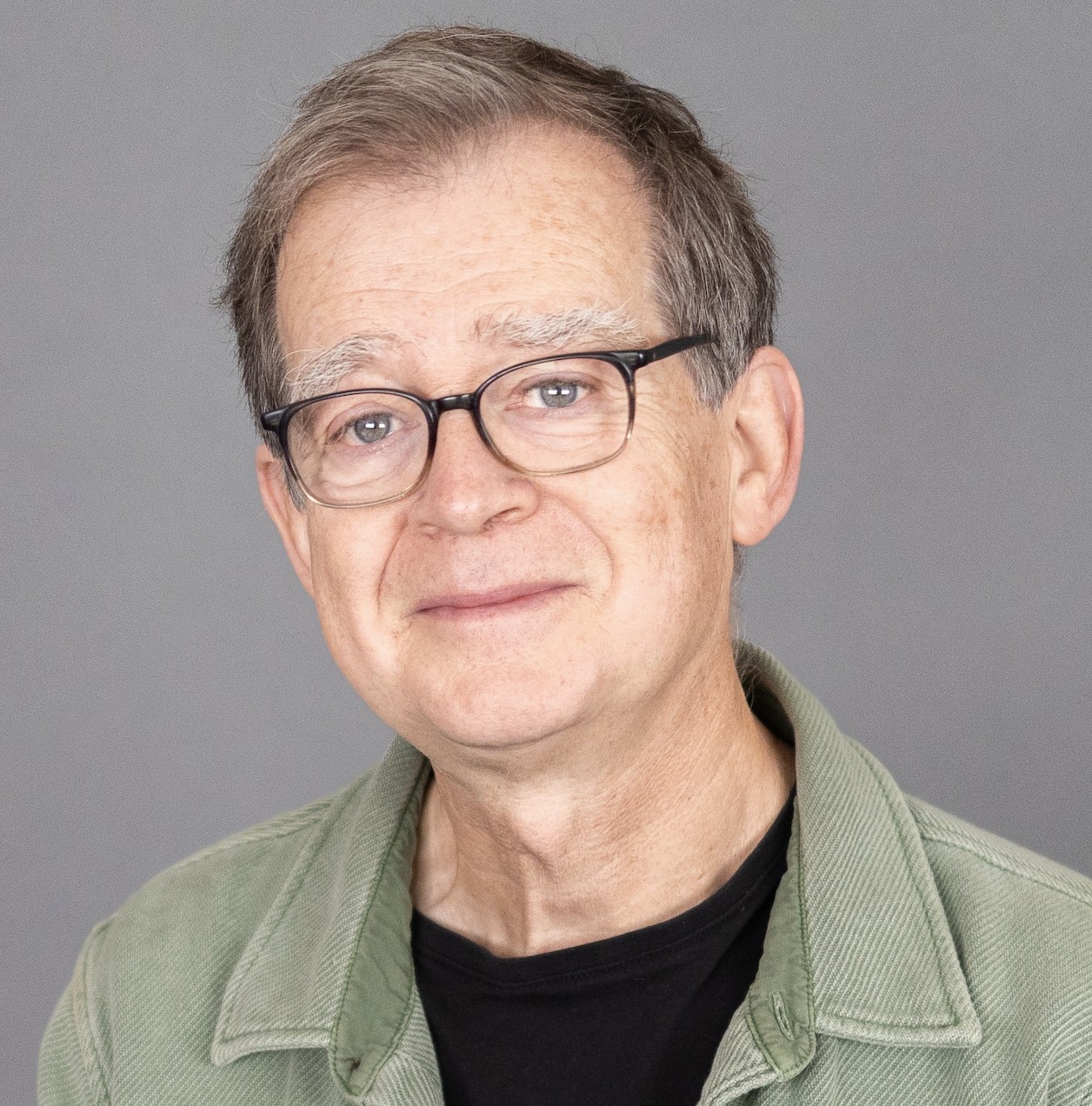
Michael Kearney has worked for over forty years as a palliative care physician with the seriously ill and dying.
He studied with Cicely Saunders, the founder of the modern hospice movement, in London, and is a student of Native American traditions and Tibetan Buddhism.
He is the author of Mortally Wounded: Stories of Soul Pain, Death, and Healing, A Place of Healing: Working with Nature and Soul at the End of Life, and The Nest in the Stream.
His latest book, Becoming Forest: A Story of Deep Belonging, an allegorical novel about resilience in the face of climate change, was published in October 2023 by All Night Books.
The book’s publication marks the launch of The Becoming Forest Project, a community-based initiative which offers deep resilience training and lessons learned at the bedside to those who feel overwhelmed by the challenges we face today, in particular the enormity of climate breakdown.
He and his wife, psychologist, meditation teacher, and author, Radhule Weininger, live in Santa Barbara, California.
Praise for Becoming Forest:
“Becoming Forest is a bold, imaginative tale that serves as a handbook for psychological and spiritual resilience in the face of imminent climate collapse. It is a moving vision for new ways of dwelling on the earth.”
--Mary Robinson, 7th President of Ireland, former UN High Commissioner of Human Rights, and author of Climate justice: Hope, Resilience, and the Fight for a Sustainable future.
For more information:
www.michaelkearneymd.com
www.becomingforest.com
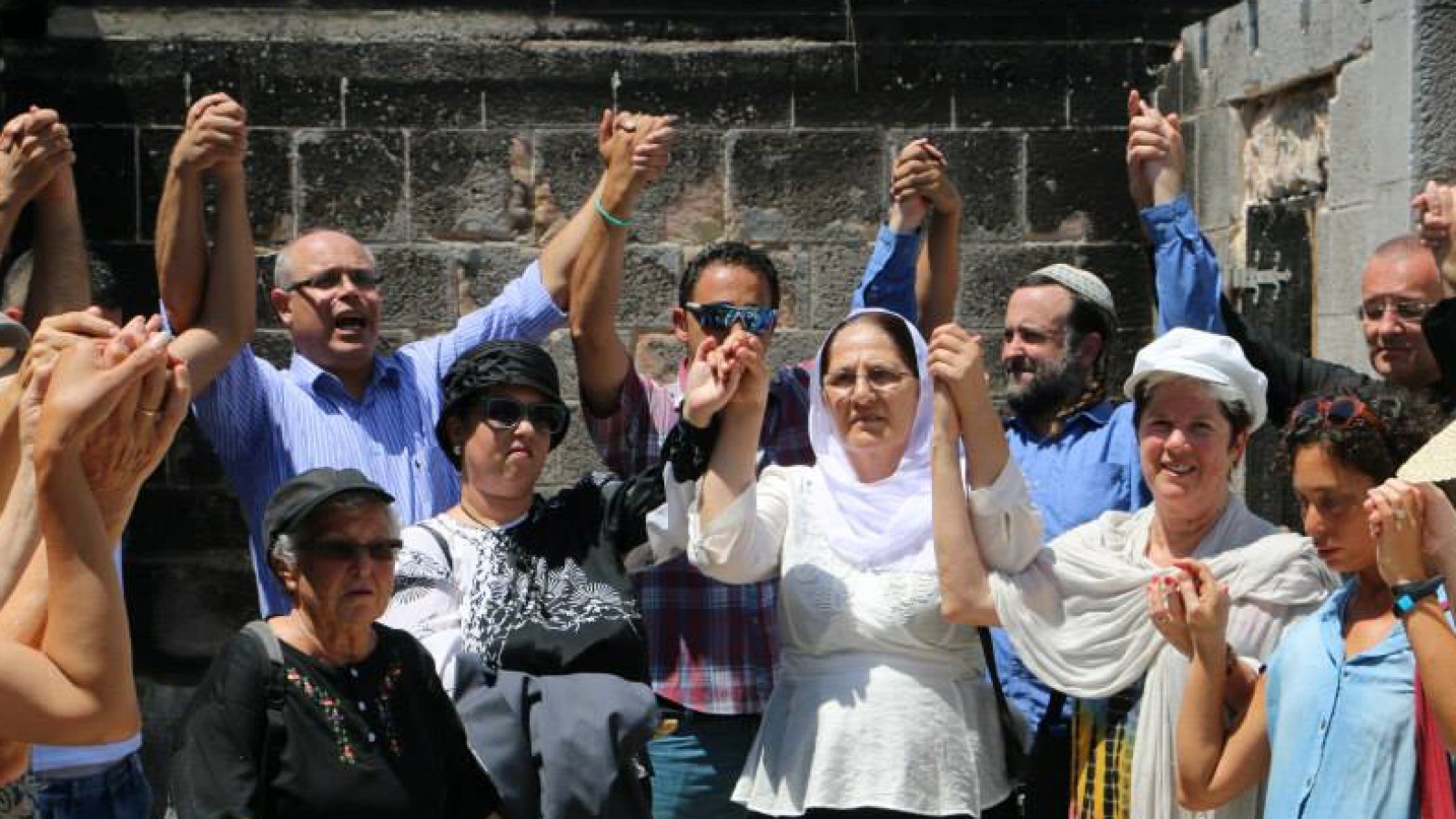
Praying together for peace
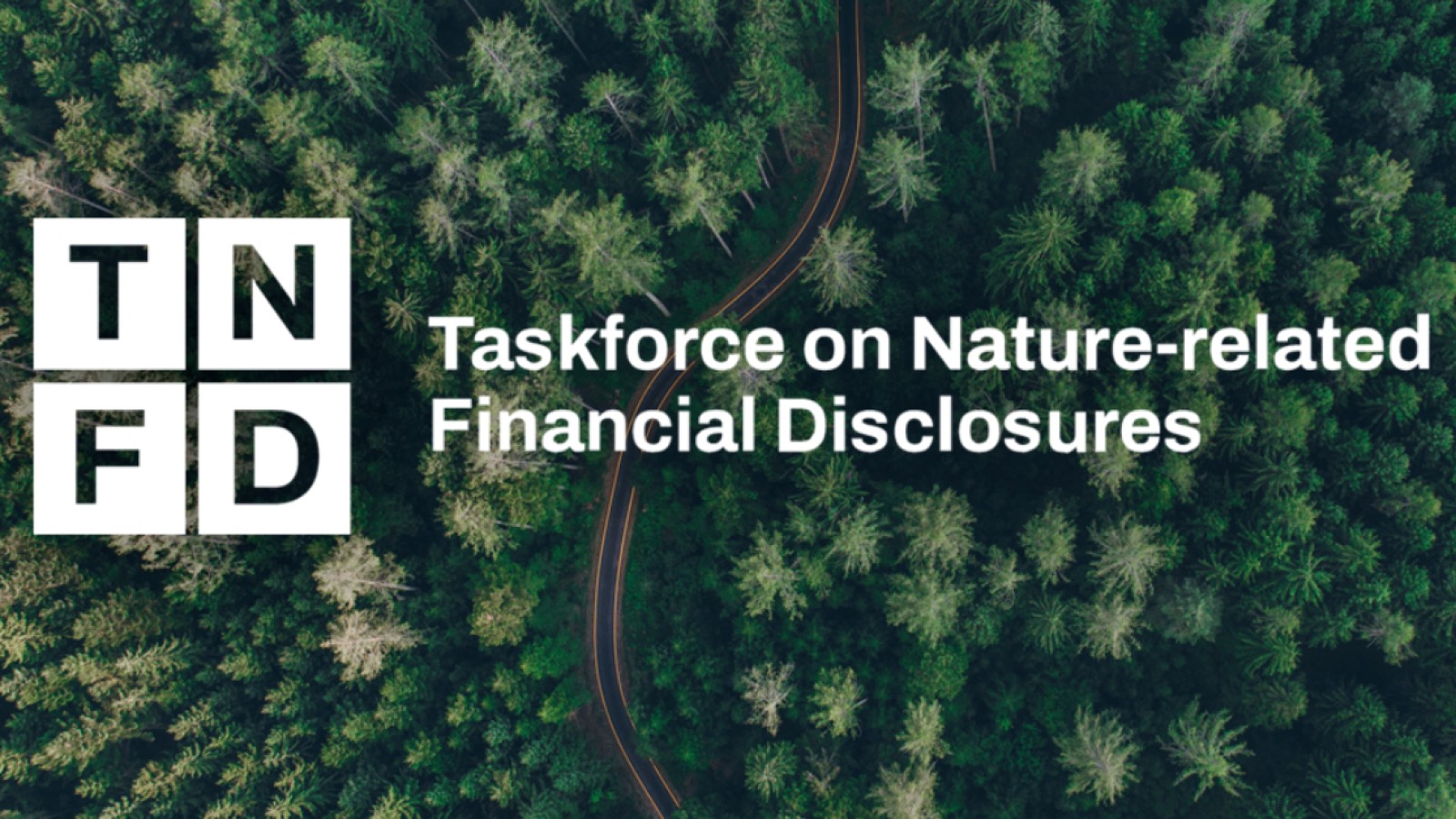
Our economy as part of nature
